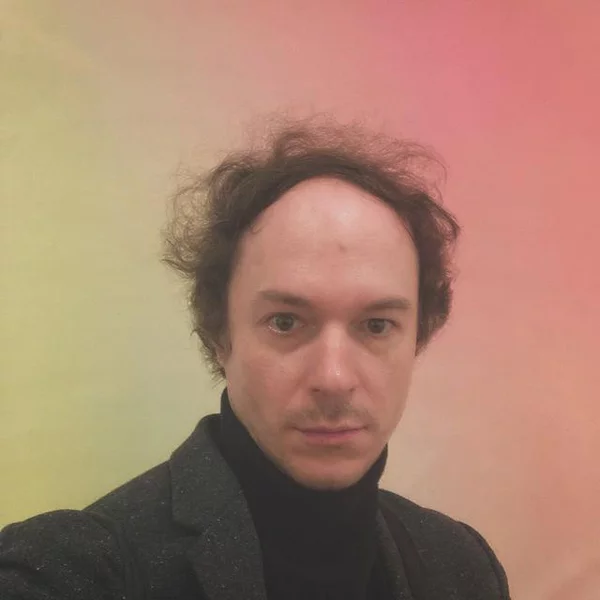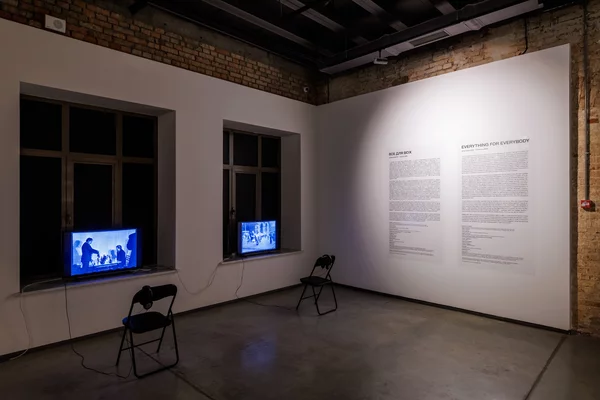Elias Parvulesco
Elias Parvulesco (the real name is Oleksandr Teliuk) is an artist, film scholar, curator, and archivist. As a film archivist and film history scholar, he worked at the Oleksandr Dovzhenko National Centre in Kyiv, leading a number of publishing and curatorial projects (Cinematographic Revision of Donbas, 2017–2018; VUFKU. Lost & Found, 2019; The River Wailed Like a Wounded Beast, 2023–2025; etc.). He has also curated the Ukrainian Film Symposium and the film program Ukrainian Cinema: Poetry and Resistance in BAMPFA (Berkeley, USA, 2025). As an artist and filmmaker, he has participated in many international film festivals (Ji.hlava International Documentary Film Festival, Festival International de Cinéma de Marseille (FIDMarseille), The International Short Film Festival Oberhausen, Kyiv International Film Festival Molodist, etc.). He was a nominee for the PinchukArtCentre Prize 2020. Also, he was a co-founder of 'ruїns collective’.

PROFESSION: PHOTOJOURNALIST. PART 1: HOMETOWN, 2021
HD-video, 16:9; stereophonic audio; 8 min.
PROFESSION: PHOTOJOURNALIST. PART 2: MONOCHROME, 2022
HD-video, 16:9; stereophonic audio; 03 min. 43 sec.
HD-video, 16:9; stereophonic audio; 8 min.
HD-video, 16:9; stereophonic audio; 03 min. 43 sec.
This video work is based on the archive of the Pokrovsk-based photographer Mykola Bilokon, held by the Pokrovsk Historical Museum and digitized by the Center for Urban History between 2019 and 2021. A photojournalist for the interregional newspaper Maiak, Bilokon documented decades of transformation from within the local community, capturing the evolving social and urban landscape in the Pokrovsk region.
Created by Parvulesco during a residency at the Pokrovsk Historical Museum in June 2021, the films extend Bilokon’s visual enquiry into urban transformation. At the same time, they reflect on the photographic impulse to closely observe the passage of time and the transformation of everyday things. The second work in the ‘Profession: Photojournalist’ series focuses on the textures of the photographer's work and its evocative use of the monochrome spectrum to register moments of transition and continuity.
The work is based on the photo archive of Mykola Bilokon (1939-2020) and an interview with him recorded by Iryna Sklokina. The work includes archival materials from Pokrovsk Historical Museum and Center for Urban History's Urban Media Archive.
